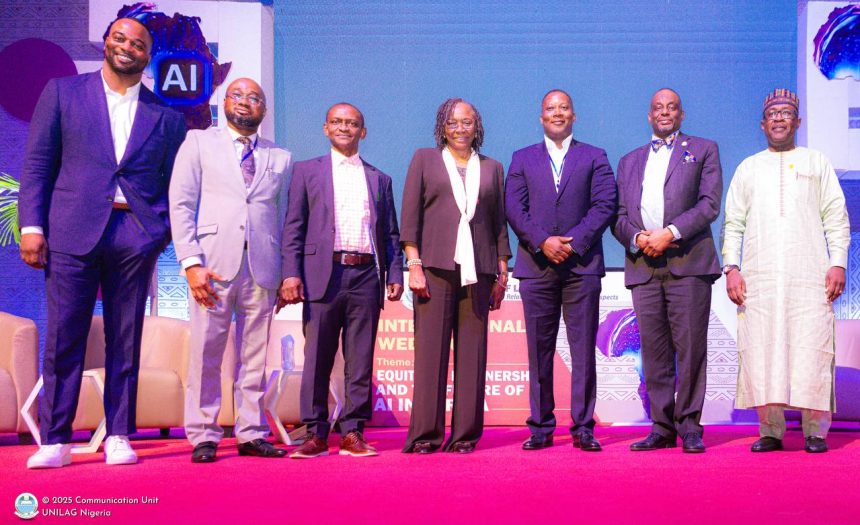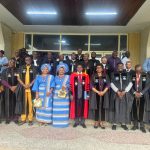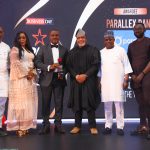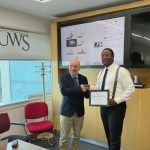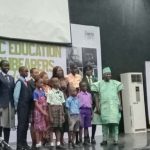With the theme ‘Equitable Partnerships and the Future of AI in Africa’, the 2025 International Week at the University of Lagos which held on Tuesday, brought together global scholars, innovators and policy makers to discuss how inclusive collaborations can drive Africa’s technological growth and shape its role in the evolving Artificial Intelligence (AI) landscape.
Speaking at the event, the Vice-Chancellor, University of Lagos, Professor Folasade Ogunsola highlighted the purpose of the event, adding that this year’s programme provides a pivotal gathering and convening of minds of purpose and vision to discuss the theme.
“Today, we are not simply discussing technology. We are shaping the narrative of inclusion, innovation, and global equity in the age of artificial intelligence. And we are doing so from the African continent, rich in talent, rich in ideas, and ready for transformation,” she said.
The VC explained that Artificial Intelligence is not the future; it is the present and yet, for Africa, AI represents something deeper. “It is an opportunity to leapfrog limitations, to reimagine education, healthcare, governance, and industry.
“But for AI to truly serve Africa, the foundation must be equitable partnerships; partnerships rooted not in charity, but in shared growth, mutual respect, and co-creation. Africa must not be a passive consumer in the AI revolution. We must be active contributors, thoughtful leaders, and builders of contextually relevant solutions. This is not optional. It is necessary,” she said.
Speaking on partnerships, Professor Ogunsola said “We have attracted over 28 million dollars in research funding through international partnerships. We facilitate mobility for over 60 students and staff annually. We’ve produced three Knight-Hennessy scholars, leaders of global institutions in academia and the industry.”
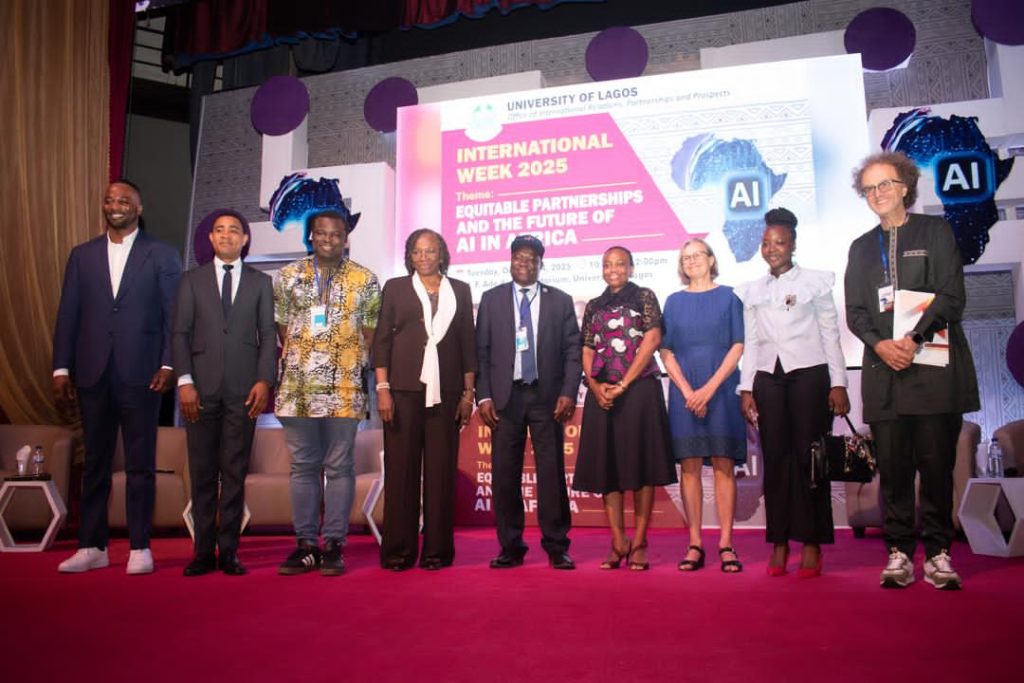
The Minister of Communications and Digital Economy, Dr. Bosun Tijani who was represented by the Director, National Centre for Artificial Intelligence and Robotics (NCAIR) Dr. Olubunmi Ajala, in his remarks stated that the digital economy is not merely a sector but the foundational bedrock for Nigeria’s accelerated economic growth. “Our mission under the Renewed Hope Agenda is to establish an inclusive, resilient and one-trillion-enabled digital economy.”
He added: “AI is no longer a concept. It is the reality. It is shaping economics, society, and the very fabric of our human interaction. We have embraced this technological revolution and we are not shy to ask critical questions, such as, who benefits from this sort of advancement from this technology? Who is left behind? And most importantly, how do we ensure that Africa is not merely a consumer of this technology, but an active co-creator and beneficiary?
He said that the theme: Partnership for a Just, Equitable and Peaceful Future in Africa, could not be timelier or more urgent. “In line with other speakers, we cannot sufficiently underscore the fact that AI holds transformative potential for Africa.
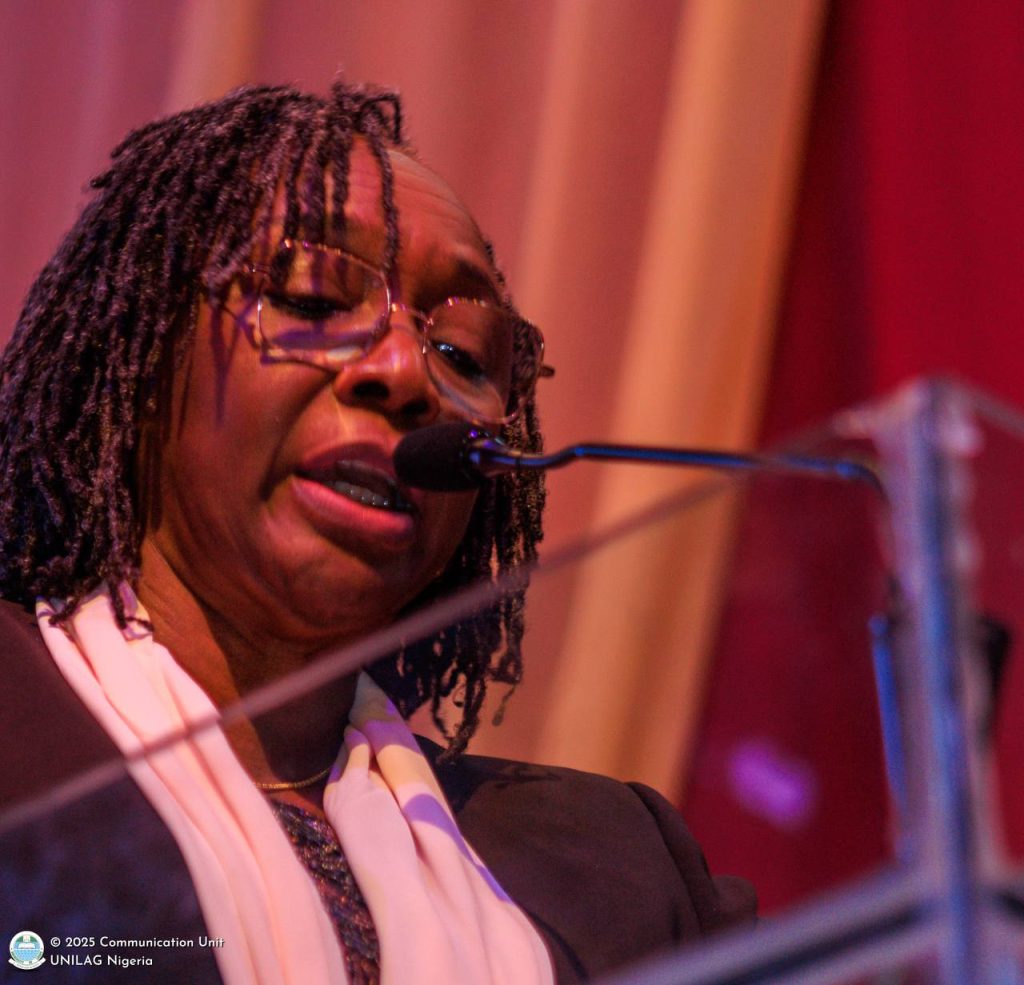
This, he said, includes revolutionizing healthcare, delivery in remote communities, to enhancing agricultural productivity, from democratizing access to education, to strengthening governance systems, AI is imagined as the great equalizer.
Speaking on Nigeria’s digital information journey under the visionary leadership of President Bola Ahmed Tinubu, the Minister said Nigeria has embarked on an ambitious digital transformation agenda. Ministry of Communication, Innovation and Digital Economy is positioned in Nigeria as a leading digital economy in Africa and globally.
“We’re building digital infrastructure, expanding broadband penetration to ensure that every Nigerian, regardless of location, can access the digital economy. Connectivity is not a luxury, it is a fundamental enabler of opportunity.
“Recognizing this, connectivity is the foundation of any digital economy. We’ve launched Project BRIDGE, a two-billion initiative to expand Nigerian fiber optic infrastructure from 35,000 kilometers to 125,000 kilometers within three to four years. The process will connect all 774 local government areas through seven main fiber rings, 37 network groups and 77 regional networks.
The keynote speaker, Ms. Yvonne Ike, Managing Director & Head of Sub-Saharan Africa (Ex-RSA) at Bank of America, stated that Africa cannot afford to be passive consumers of Artificial Intelligence and cannot afford to wait for people to define AI for the continent.
“We need to have our own engineers, we need to define our own ethics, our own logic, our own algorithms, to shape how AI interprets us and works for us in health, in education. We need our own policies, and we need our own biases. And we need to manage our own information.
She added that Africa’s future depends not on the technology itself, but who builds it and who benefits from it. “Therefore we must really take responsibility for building what is in there. And that innovation is already happening. It’s happening right across Africa already.
Speaking on partnerships, Ms. Ike said that there is the need to work with global research institutions to push Africa’s position forward, to share the knowledge that we have about what works, or how we want things to work.
According to her, the most important partnership, is the partnership of students with themselves and with people around the world. “The mental benefits, advantage we have in Nigeria is massively underestimated.
“We all need to create that environment where our youth are partnering with each other, peer learning has never been more important. Let us discover these new technologies together, so that it will give us an edge in technology, in energy, in health, education, and agriculture.
“We have everything we need to transform Nigeria and to transform the way that the world engages with Africa and the way that the world consumes technology going forward,” she added.
Emmanuel Lubanzadio, the Africa Lead at OpenAI also known as ChatGPT spoke on the importance of ChatGPT in today’s world stating that the number one use of the platform is for learning.
He highlighted several benefits of ChatGPT depending on what an individual wants to achieve, adding that it includes personal learning, instructors use to improve efficiency; research capabilities in different fields, among others.
On access, Lubanzadio announced the launching of the first OpenAI Academy in Africa in partnership with the University of Lagos.
He said OpenAI Academy can be accessed by everyone across the globe. “It provides free courses on how governments can use ChatGpt and other products. It provides courses on how startups can use it but the key goal is to democratize access to OpenAI and our tools. And, the way the OpenAI Academy works, it doesn’t work in isolation, but it’s open to partnership.”
Speaking on the importance of the theme of the day, Professor Foluso Ebun Afolabi Lesi, Deputy Vice-Chancellor, Development Services, University of Lagos explained that partnerships are not only about projects and funding; they are about trust, shared responsibility, and futures shaped together.
“When we approach AI and research with equity at the centre, we ensure that African contexts and perspectives are not just included but drive the work. In doing so, we prepare a model of partnership that benefits our communities while adding real value to global knowledge,” he said.
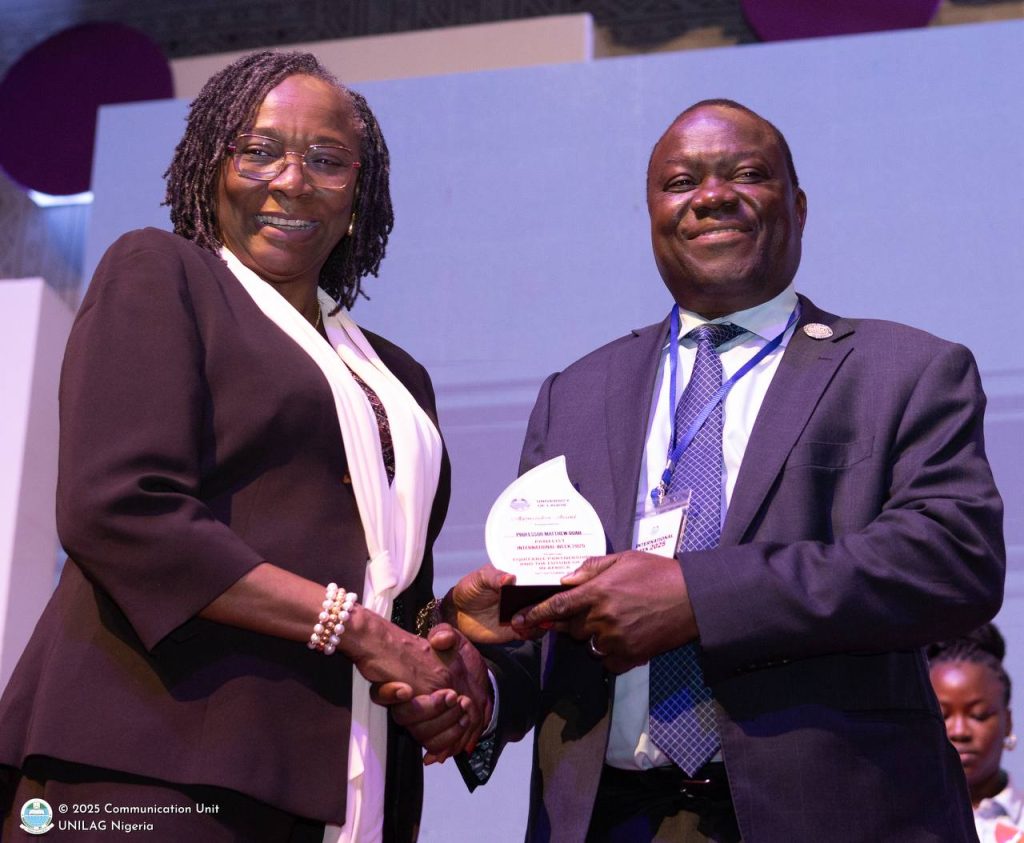
Participants which include Mr. Massimo De Luca, Head of Cooperation at the European Union Delegation to Nigeria and ECOWAS, Professor Diana Mitlin, African Cities Research Consortium, University of Manchester, United Kingdom and Mr Iyinoluwa Aboyeji, Founding Partner of Future Africa reiterated the importance of partnership in developing the Africa context on AI.
Massimo De Luca called for the need to work on AI that fosters human value, local content inclusivity and gender inclusions in order to develop an approach that suits us.
Mitlin on her part said equitable partnerships begin with the belief that “we are inter-dependent; we are co-learning to know how to use AI to move the world to a better place and we need to establish value driven partnerships.”
Aboyeji urged on the need to apply innovations, urging academics to further deepen their research.” “We have to be very bold. We have a loss of confidence which is very unnecessary and we need to do away with the idea that we have to be second class citizens on the global stage.”
BV.


